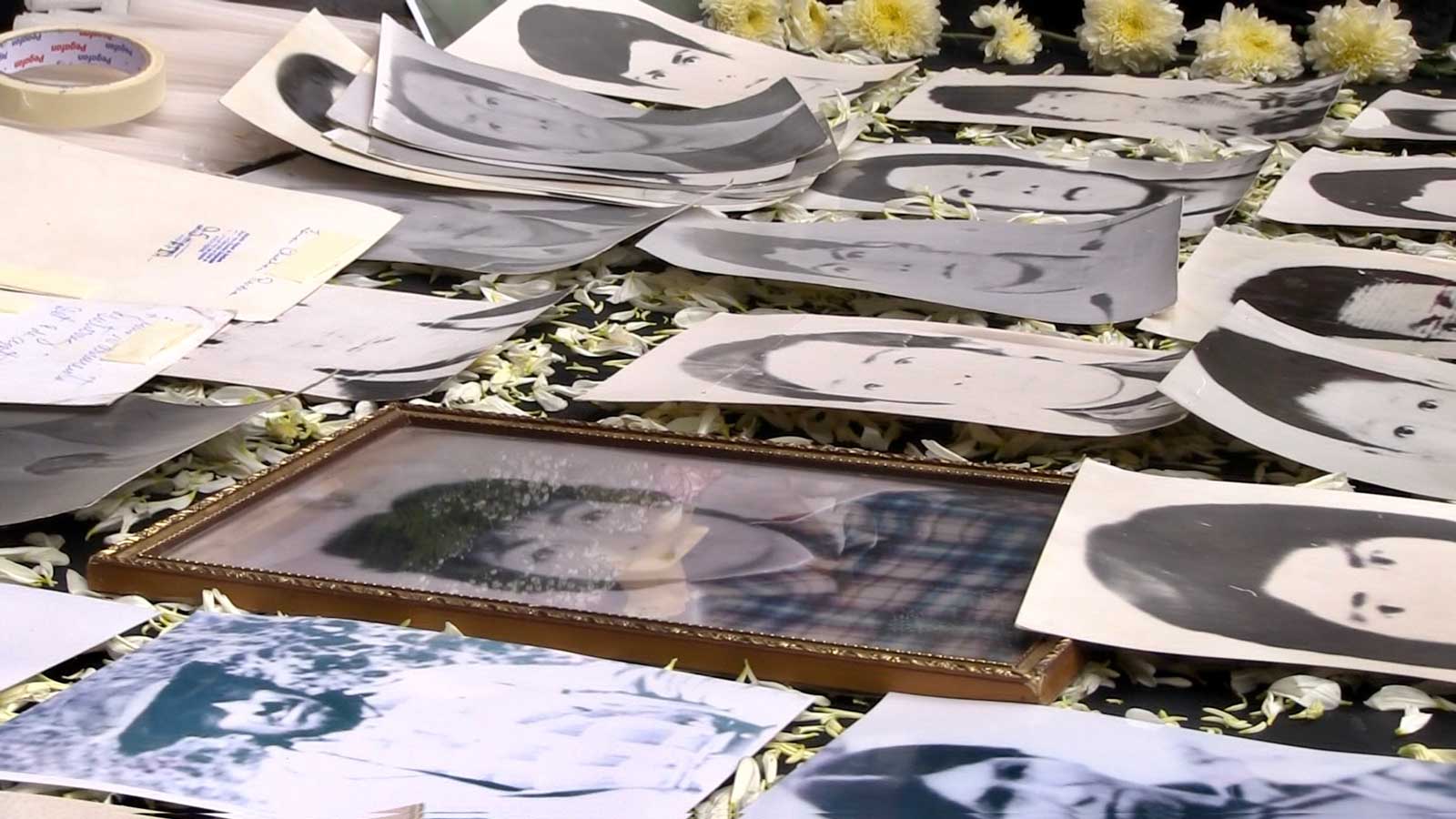Specifications:
Seminar for BA and MA students,
University of Bern
(HS 2019, 5 ECTS points)

Specifications:
Seminar for BA and MA students,
University of Bern
(HS 2019, 5 ECTS points)
Violent conflicts, civil wars and their aftermaths have long been the subject of study within social sciences. Whereas many of these works have focused on understanding its causes and effects, this course makes emphasis on the lived experiences of violence and war through the prism of memory. We will focus on the manifold ways in which perpetrators, victims and witnesses of atrocities remember, evoke and narrate their experiences and the discourses that embed their narrations. The questions this course seeks to answer are: How do individuals and societies remember specific events and/or their own experiences of violent conflicts? In what ways do survivors articulate their memories? How to incorporate different kinds of silences into the analysis of memory regimes? What are effective mechanisms of social recovery? And last but not least, how can the discipline of social anthropology contribute to practices, discourse and policies that deal with violent pasts?
The course is divided into four general topics: theories of remembering (and forgetting); articulating experience; materializing memory; senses of justice. For discussions of each topic, we will draw on a variety of sources—from memoirs, documentaries, to ethnographic, historical, and political analyses with a particular focus on examples from Latin America.
Selected Readings:
Climo, Jacob and Maria G. Cattell (2002)
Social Memory and History: anthropological perspectives. Altamira Press.
Hinton, Alexander Laban, ed. (2002)
Annihilating Difference: The Anthropology of Genocide. University of California Press.
Jackson, Michael (2006)
The politics of storytelling. Variations on a Theme by Hannah Arendt. University of Chicago Press.
Maxine Clarke, Kamari and Mark Goodale, eds. (2009)
Mirrors of Justice: Law and Power in the Post-Cold War Era. Cambridge University Press
Milton, Cynthia, ed. (2014)
Art from a fractured past. Memory and Truth-Telling in Post-Shining Path Peru. Duke University Press.
Radstone, Susannah and Bill Schwarz, eds. (2010)
Memory-Histories, Theories, Debates. Fordham University Press.
Sanford, Victoria and Asale Angel-Ajani, eds. (2006)
Engaged Observer: Anthropology, Advocacy, and Activism. New Brunswick, N.J.: Rutgers UniversityPress.
Six-Hohenbalken, Maria and Nerina Weiss. (2011)
Violence Expressed. An Anthropological Approach. Routledge.
Soifer, Hillel David and Alberto Vergara, eds. (2019)
Politics after violence. Legacies of the Shining Path conflict in Peru. University of Texas Press.
Film: Patricio Guzman–Nostalgia of the Light 2010, 94 minutes